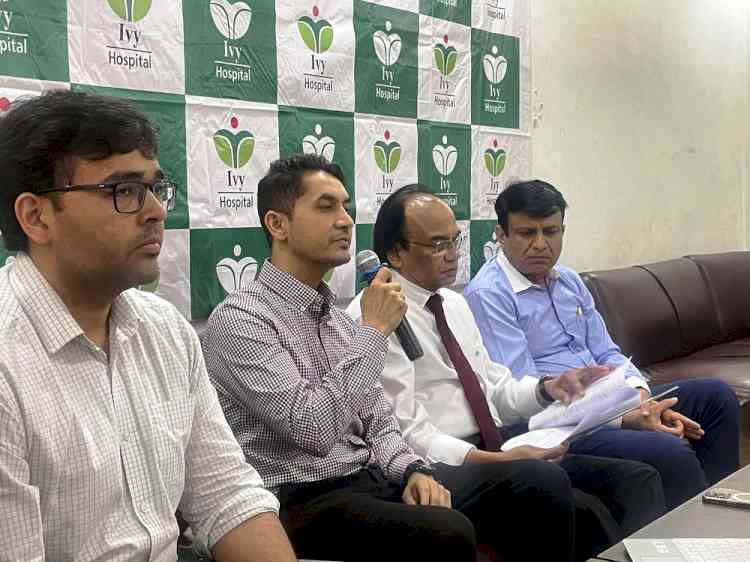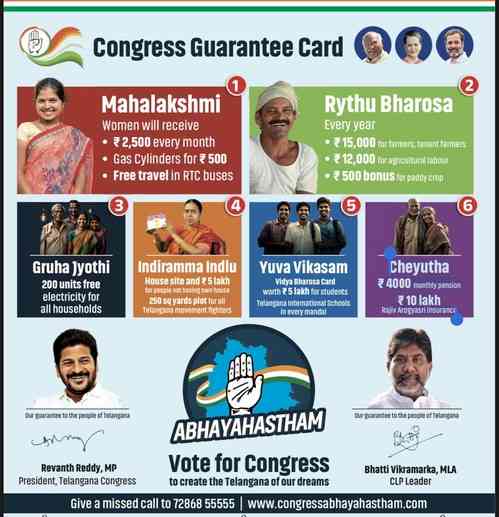SPECIAL ON MARYTR DAY: Madan Lal Dhingra - A forgotten hero
Author(s): Harish K. Monga"I believe that a nation held down by foreign bayonets is in a perpetual state of war. Since open battle is rendered impossible to a disarmed race, I attacked by surprise. Since guns were denied to me I drew forth...

"I believe that a nation held down by foreign bayonets is in a perpetual state of war. Since open battle is rendered impossible to a disarmed race, I attacked by surprise. Since guns were denied to me I drew forth my pistol and fired. Poor in health and intellect, a son like me has nothing to offer the mother but his own blood. And so I have sacrificed the same on her altar. The only lesson required in India at present is to learn how to die, and the only way to teach it is by dying ourselves." - Extract from speech in court, July 23rd 1909
Madan Lal Dhingra was born in the holy city of Amritsar, the son of a well respected doctor, who was very loyal to the British. After some time as a civil servant, Dhingra went to England, to study engineering, in June 1906. In England, Dhingra enjoyed the "good life." He used to wear expensive clothes and fragrances, spend ages on his appearance and made many English friends and was very socially active. He was a charmer, but always loved his religion and Motherland as we are about to see.
Needless to say, England was rocked by the murder of Curzon Wyllie.
The court case, which followed, was held at the Old Bailey Court on July 23rd. The outcome was a foregone conclusion. But it was perhaps here that was Dhingra’s finest hour. He faced the ordeal calmly and gave a voice to the suffering of his beloved Mother India. Part of his statement (delivered on July the 10th) read as follows:
"I do not want to say anything in defence of myself but simply to prove the justification of my deed. As for myself I do not think any English law court has any authority to convict me or detain me in prison or to pass any sentence against me... I hold the English responsible for the murder of 8 million of my countrymen in the last 50 years."
Up to the date of his execution, many friends came to visit Dhingra. His only formal request was very simple - that his funeral should be done in the traditional Hindu manner. Savarkar was determined to do something for Dhingra. He activated his contacts in several countries. There were indeed several non-Indians, even Britishers, who believed in India’s freedom. Dhingra’s statement was sent to major newspapers across the world, all of who published it! This was a very key event in giving momentum to the freedom movement, as many foreign voices now raised their voices in India’s favour. Dhingra certainly didn’t die in vain. In Ireland and Egypt (which were both involved in a struggle against the British), Dhingra was a hero. Annie Besant rightly said of Dhingra "More Madanlal’s are the need of the time." Later on, Madanlal Dhingra’s deeds would inspire the great martyrs Bhagat Singh and Uddham Singh.
On the day of Dhingra’s martyrdom, he had the names of Ram and Krishna on his lips. His friends printed a handout and gave it out on the streets, praising Dhingra’s sacrifice and the injustices being perpetrated against India, together with a warning that the struggle will not subside. Dhingra died with the Bhagwad Geeta in his hands.
He is a forgotten hero as he has not been the due place in the history as compared to other who struggled for the movement of freedom.

 cityairnews
cityairnews 
















